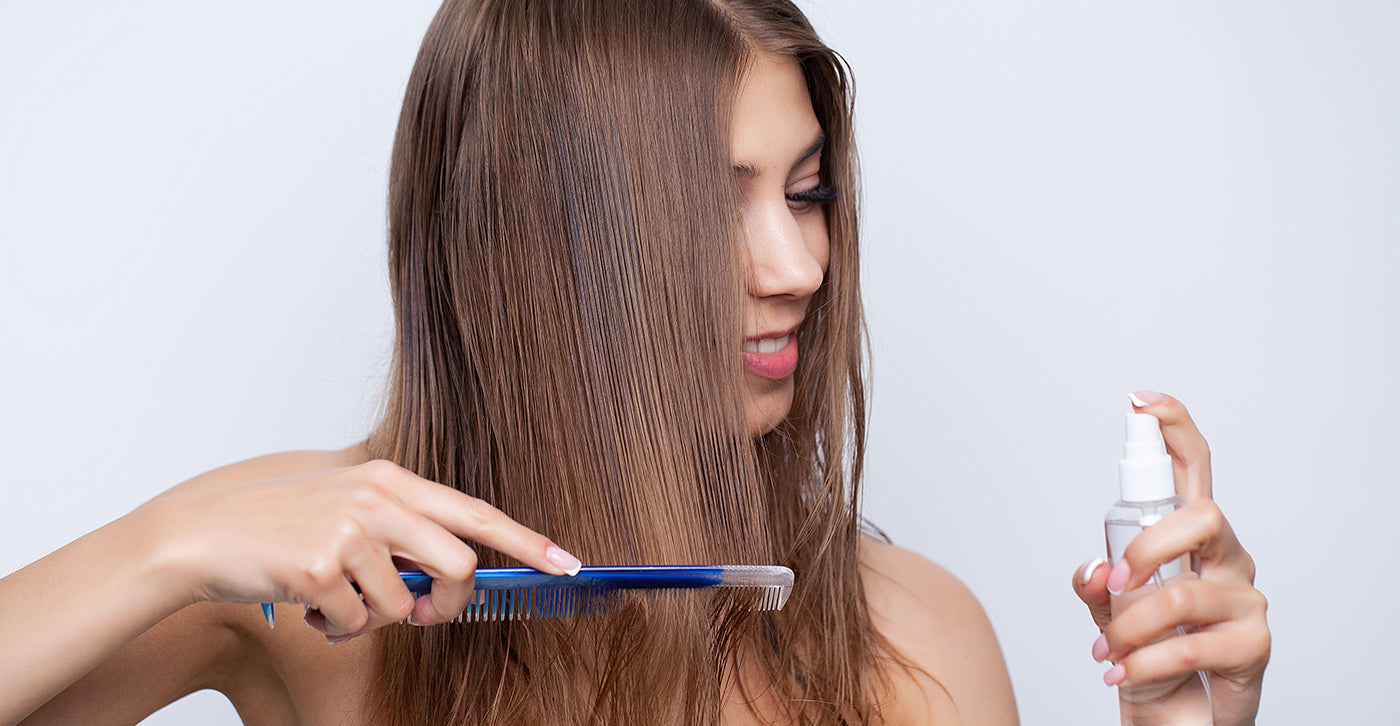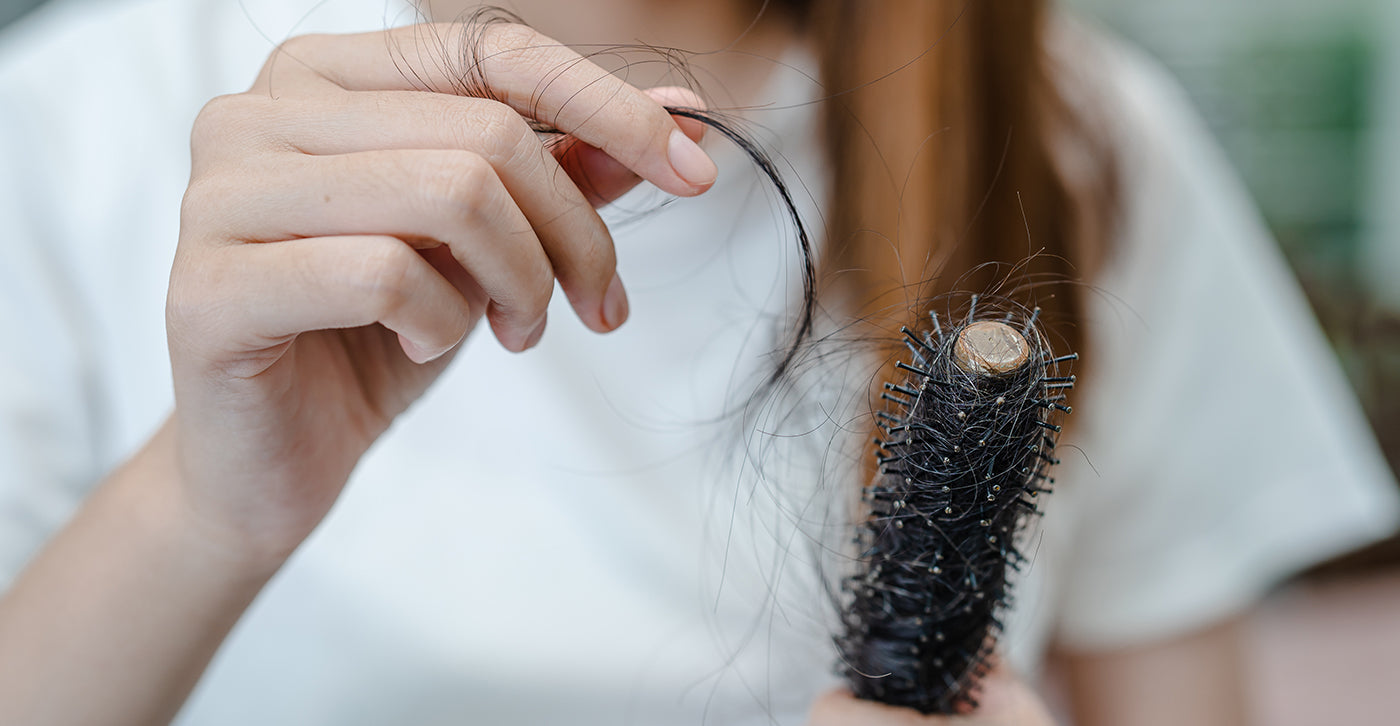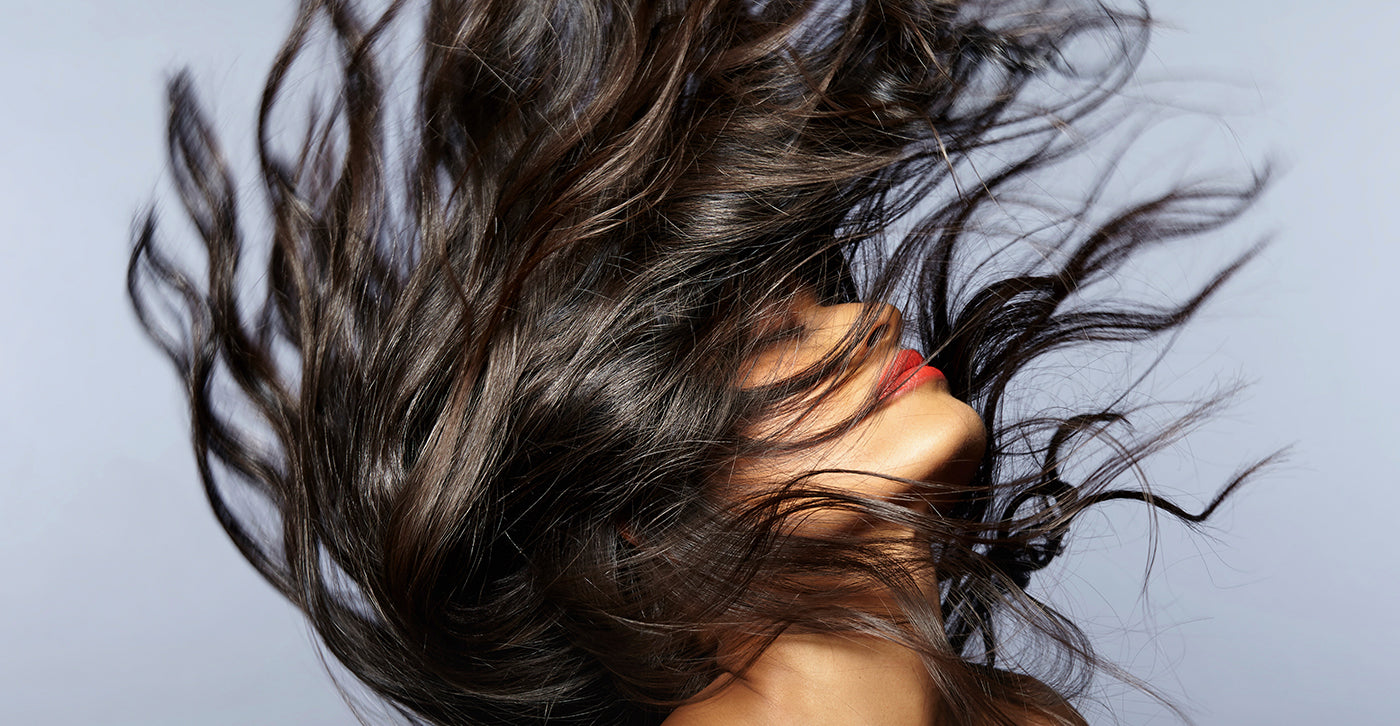Thinning hair can be a frustrating and sometimes emotionally challenging experience, whether it happens gradually or suddenly. The good news is that there are proven solutions to prevent and treat thinning hair, and with the right approach, you can restore volume and strength. Let’s explore effective strategies for tackling thinning hair, as recommended by trichologists—the experts in hair and scalp health.
Understand the Root Cause of Thinning Hair
Before diving into treatments, it's important to understand why your hair is thinning. Thinning hair can be caused by a variety of factors, such as:
-
Genetics: The most common cause of thinning hair, especially in both men and women, is hereditary hair loss, also known as androgenetic alopecia. This type of hair thinning typically occurs gradually and can be influenced by both hormones and genetics.
-
Hormonal Imbalances: Changes in hormone levels, such as during pregnancy, menopause, or thyroid disorders, can lead to thinning hair. Hormones regulate hair growth, and imbalances can cause hair to fall out more easily.
-
Nutritional Deficiencies: A lack of key nutrients like iron, vitamin D, biotin, or zinc can contribute to hair thinning. A poor diet can lead to weak hair follicles and slowed growth.
-
Stress: Emotional and physical stress can push your hair into the telogen (resting) phase, resulting in excessive shedding and thinning. Stress-induced hair loss, known as telogen effluvium, is usually temporary but requires management.
-
Scalp Conditions: Conditions like dandruff, seborrheic dermatitis, or fungal infections can lead to an unhealthy scalp, which in turn affects hair growth. A healthy scalp environment is essential for healthy hair.
Trichologist-Approved Solutions to Prevent and Treat Thinning Hair
Here are some expert-backed solutions to help you tackle thinning hair:
A. Scalp Care and Hygiene
A healthy scalp is the foundation for healthy hair. Keeping your scalp clean, balanced, and free from buildup is essential to prevent thinning hair.
- Regular Scalp Massages: Massaging the scalp for a few minutes each day can stimulate blood circulation to the hair follicles, promoting growth. Use gentle pressure with your fingertips and avoid any tugging or harsh scratching.
- Shampoo for Thinning Hair: Look for shampoos specifically designed for thinning hair, which typically contain ingredients like biotin, caffeine, or keratin to help nourish the scalp and promote thicker hair. A sulfate-free shampoo is also a great choice as it is gentler on the scalp.
- Exfoliate the Scalp: Just like your skin, your scalp can benefit from exfoliation to remove dead skin cells, excess sebum, and product buildup. Consider using a scalp scrub or exfoliating shampoo once a week to keep the scalp clean and encourage healthy hair growth.
B. Hair-Boosting Treatments
There are several treatments that trichologists recommend to help treat thinning hair and stimulate regrowth.
- Minoxidil (Rogaine): One of the most commonly recommended treatments for thinning hair, minoxidil is an over-the-counter solution that can promote hair regrowth and prevent further hair loss. It’s available in both liquid and foam forms and is typically applied directly to the scalp twice a day.
- Platelet-Rich Plasma (PRP) Therapy: For more severe cases of thinning hair, PRP therapy involves using your own blood to inject platelets into the scalp, which promotes healing and stimulates hair follicles. This treatment is usually done in a clinical setting under the supervision of a professional.
- Laser Therapy: Low-level laser therapy (LLLT) devices, such as laser combs or helmets, can help increase blood flow to the hair follicles and stimulate growth. Some studies suggest that this type of therapy can slow down hair loss and even promote regrowth.
- Hair Growth Serums and Oils: Certain essential oils, like rosemary and peppermint oil, have been shown to help stimulate hair growth by improving circulation and reducing inflammation on the scalp. Look for serums that contain these ingredients along with biotin and niacinamide.
C. Nutrition and Supplements
Hair health starts from within, and maintaining a nutrient-rich diet can have a profound impact on the thickness and strength of your hair.
- Balanced Diet: Make sure you're eating plenty of protein (which is crucial for hair structure), iron, vitamins (especially Vitamin D and biotin), and omega-3 fatty acids. Leafy greens, nuts, eggs, and fish like salmon are all great additions to your diet.
- Supplements for Hair Growth: In addition to a healthy diet, certain supplements can help fill in the nutritional gaps that might be contributing to thinning hair. Look for supplements that include biotin, collagen, zinc, and vitamin D, which are all important for healthy hair follicles and growth.
D. Stress Management
As mentioned earlier, stress is a major trigger for hair thinning, especially in the form of telogen effluvium. Managing stress is crucial in preventing further thinning and supporting regrowth.
- Mindfulness and Meditation: Regular meditation, deep breathing exercises, and mindfulness techniques can help reduce stress levels, promoting a healthier body and hair.
- Exercise: Regular physical activity helps reduce stress hormones, improve circulation, and promote overall wellness, all of which support hair growth.
E. Avoid Damaging Hair Practices
Thinning hair can be exacerbated by certain hair care practices, so be mindful of how you treat your hair.
- Gentle Hair Care Routine: Avoid harsh brushing or combing, especially when your hair is wet, as it is more prone to breakage. Use a wide-toothed comb or a brush with soft bristles to minimize hair damage.
- Limit Heat Styling: Excessive use of heat tools, such as straighteners, curling irons, and blow dryers, can damage hair and cause breakage. Try to limit the use of heat styling tools and always apply a heat protectant before styling.
- Protect from Sun Damage: UV rays from the sun can weaken hair and cause it to become brittle and dry. Consider wearing a hat or using a UV-protectant hair spray when spending extended time outdoors.
Trichologist-Recommended Products for Thinning Hair
Trichologists recommend using products specifically designed to address thinning hair, including shampoos, conditioners, serums, and treatments. Some effective ingredients to look for include:
- Biotin: Known for strengthening hair and promoting growth.
- Caffeine: Helps improve blood circulation to the scalp and can stimulate hair follicles.
- Keratin: Strengthens and thickens hair, preventing further damage.
- Saw Palmetto: Can block the production of DHT, a hormone associated with hair thinning.
The Bottom Line
Thinning hair can be caused by various factors, including genetics, hormonal changes, nutritional deficiencies, and stress. Fortunately, with the right care, treatments, and lifestyle adjustments, you can slow down hair loss and promote healthy hair growth. Consulting with a trichologist is a great first step in determining the cause of your thinning hair and finding the best solutions tailored to your needs.
Whether it’s incorporating scalp massages, using specialized hair care products, or managing stress more effectively, there are plenty of ways to support your hair health and help restore your locks to their fullest potential.








Leave a comment
This site is protected by hCaptcha and the hCaptcha Privacy Policy and Terms of Service apply.